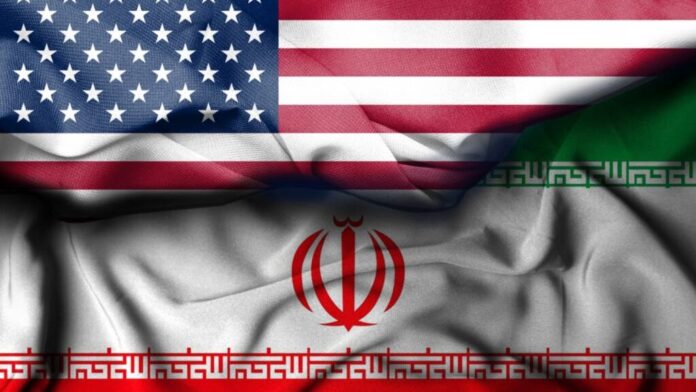Iran has responded to U.S. President Donald Trump’s letter urging direct negotiations to curb the country’s advancing nuclear program.
The New York Times reported that Tehran, while not accepting face-to-face talks, signaled a willingness to engage in indirect negotiations, leaving the door open for diplomatic efforts without fully committing to direct discussions.
The letter, delivered by UAE diplomat Anwar Gargash on March 12, contained a mix of threats and potential diplomatic opportunities, including a call for a verification program to ensure Iran’s nuclear activities were peaceful.
Kamal Kharazi, top foreign policy adviser to Iran’s Supreme Leader Ayatollah Khamenei, stated that the Islamic Republic is not closing all doors and is open to indirect talks with the U.S., The New York Times adds.
The decision to keep the dialogue indirect is rooted in Tehran’s position that talks cannot happen under “maximum pressure” from sanctions and military threats.
Iran’s Foreign Minister Abbas Araghchi echoed this sentiment, asserting that while Tehran would not engage in direct talks under such conditions, indirect negotiations were possible, as they have occurred in the past, the report adds.
The Trump administration has warned of military action if Iran’s nuclear ambitions continue unchecked.
In the letter, Trump expressed his preference for diplomacy over military strikes, but also set a two-month deadline for negotiations.
Meanwhile, Iran has rejected the notion that it is seeking nuclear weapons, maintaining its nuclear program is for peaceful purposes, though concerns persist over its stockpiled uranium and enriched material.
With tensions mounting, Israel and the U.S. have suggested that targeted military strikes on Iran’s nuclear facilities, such as Natanz and Fordow, could be an option if negotiations fail.
Read Next:
Market News and Data brought to you by Benzinga APIs
© 2025 Benzinga.com. Benzinga does not provide investment advice. All rights reserved.




